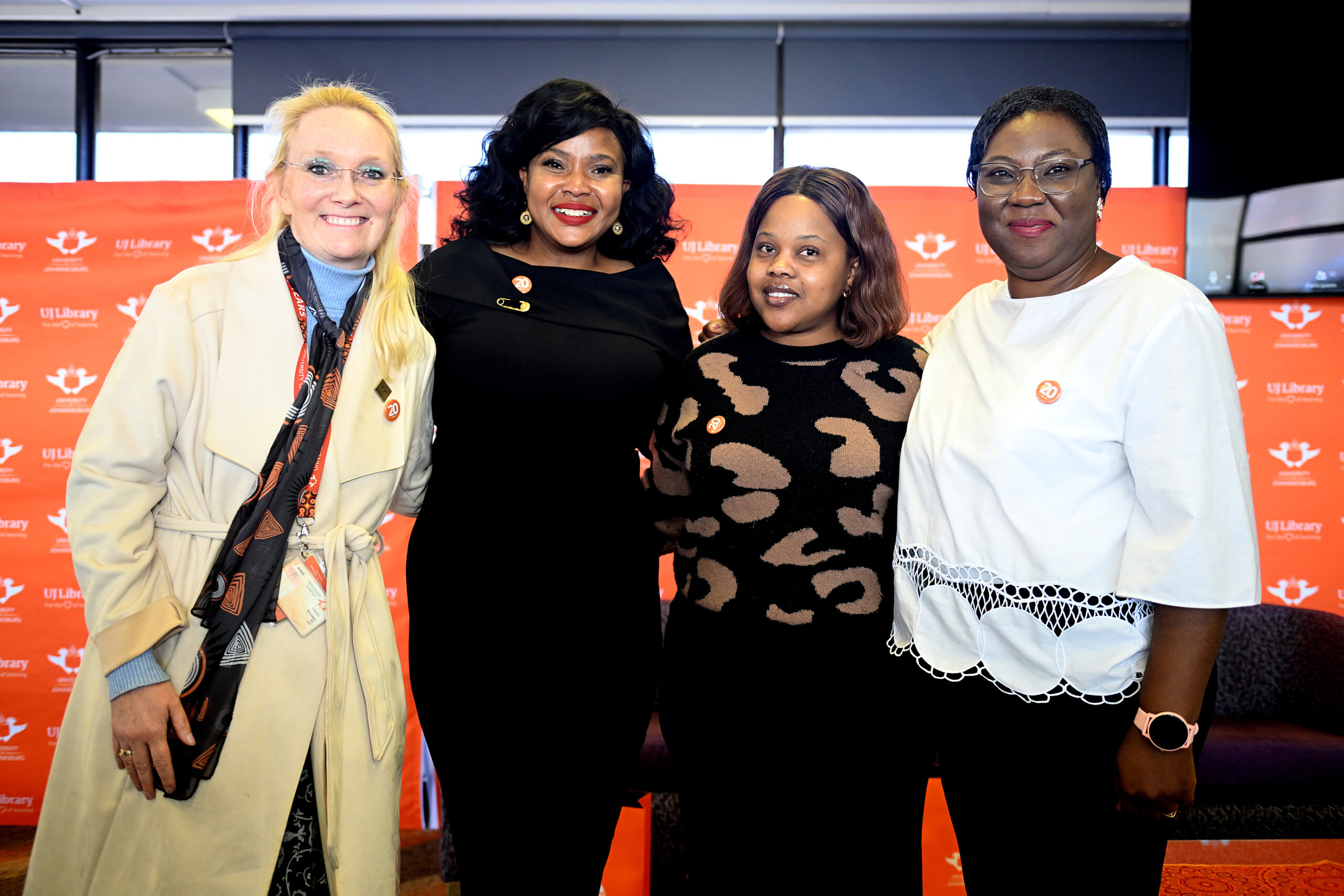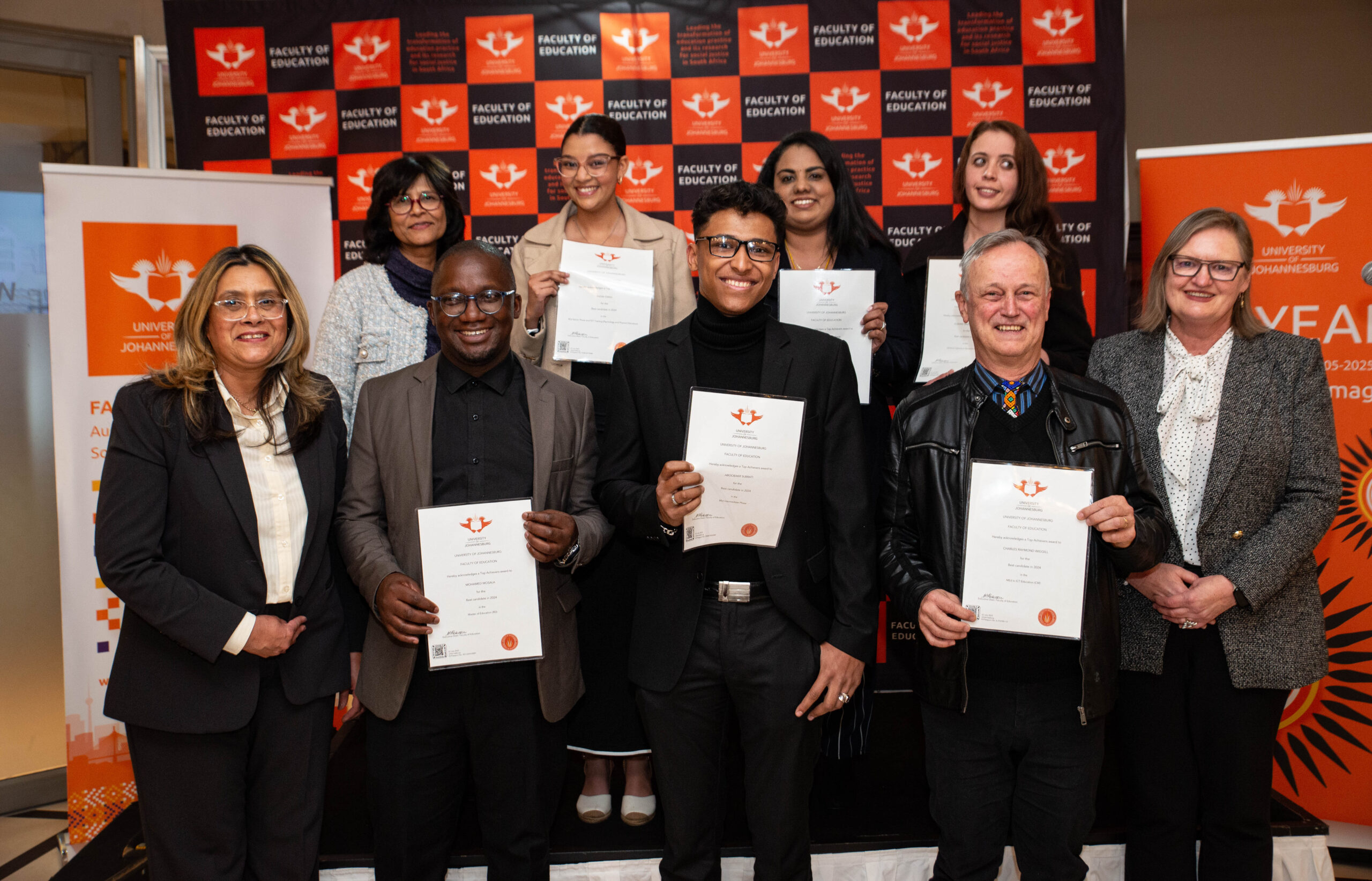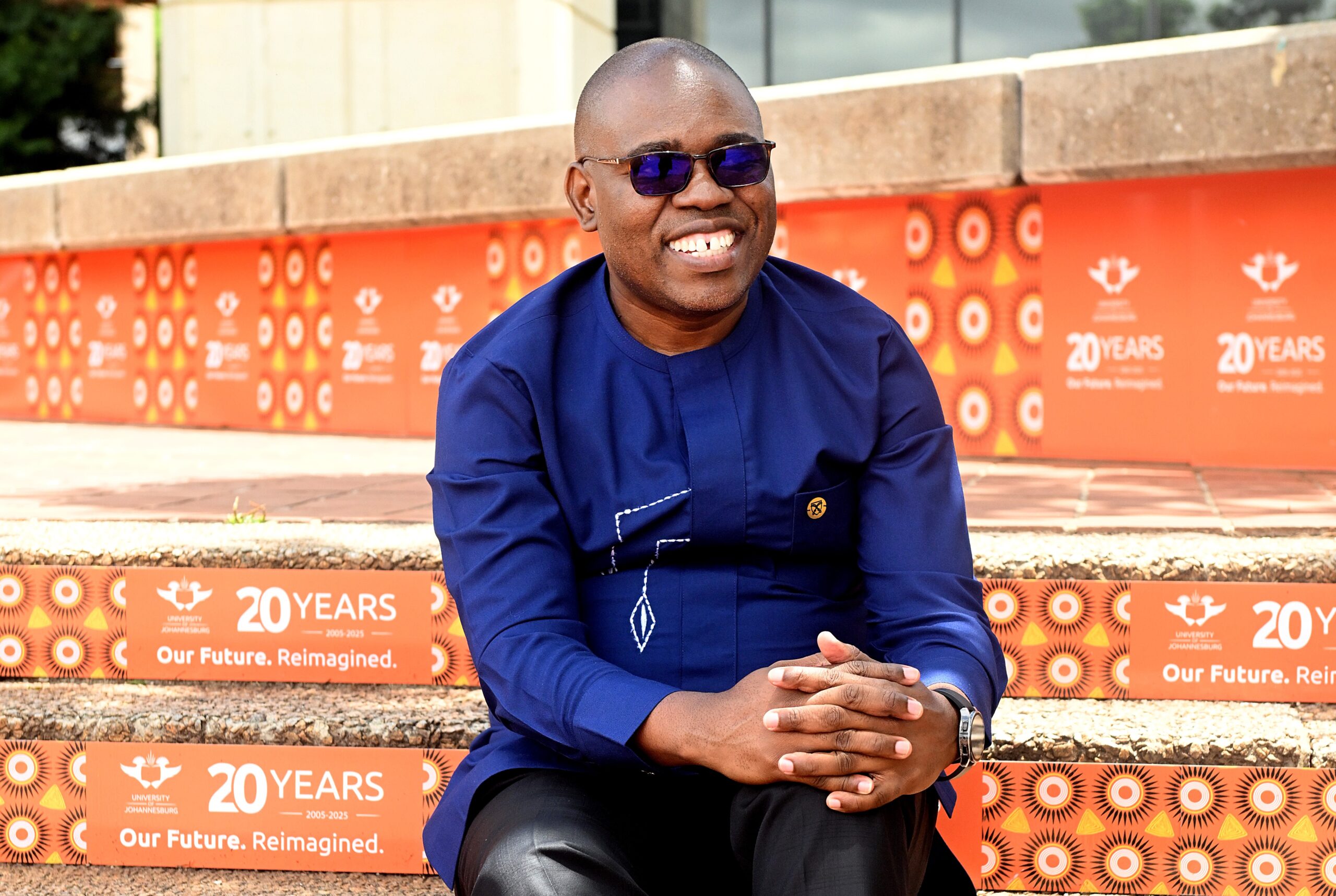It was a momentous occasion as the first recipients of the Mpedi Family Scholarship for Neurodiversity Studies crossed the graduation stage at the University of Johannesburg (UJ) on Tuesday, 22 July 2025. The day marked not just academic achievement, but a powerful step forward for inclusive education and neurodiversity research in South Africa.
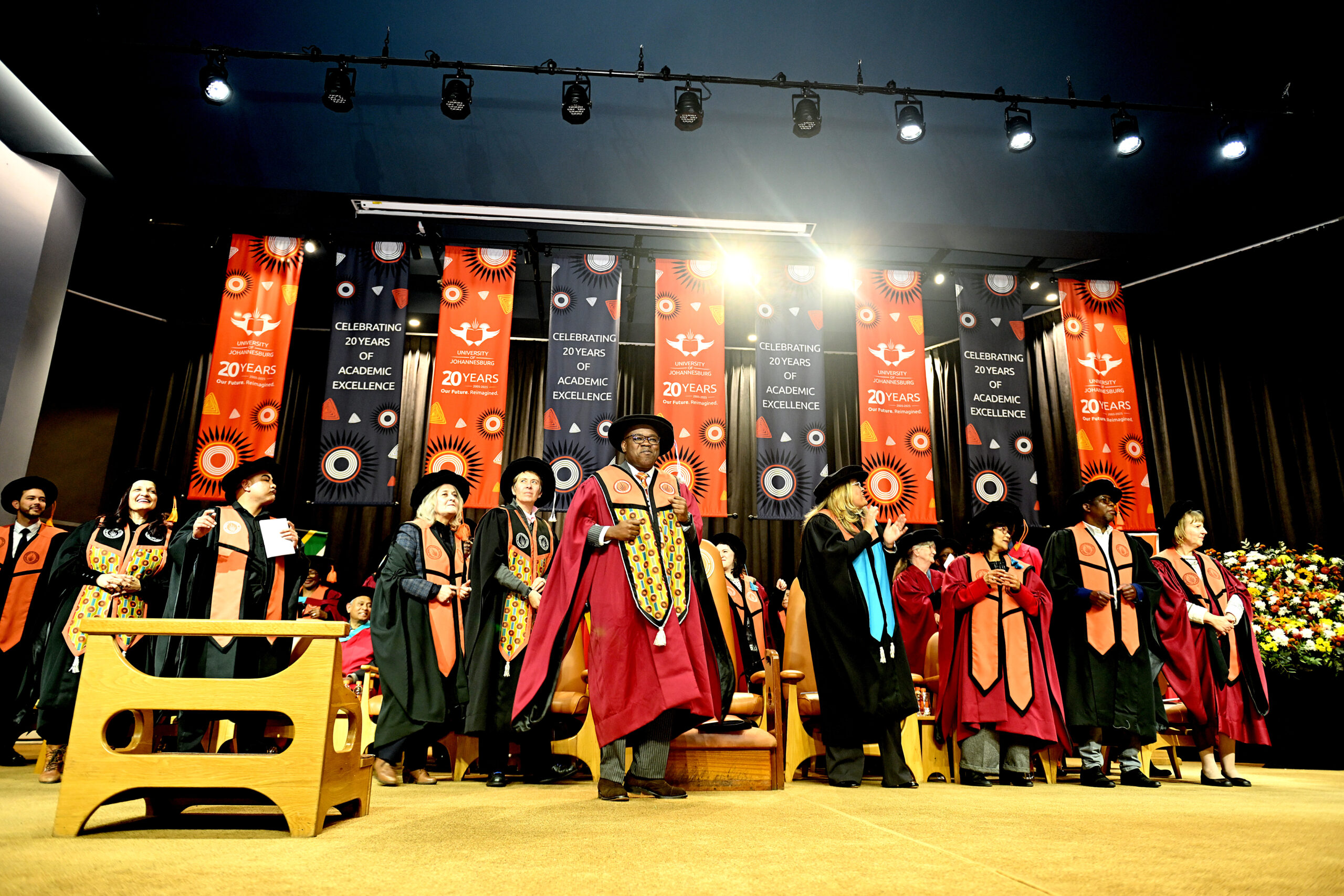
No one was prouder than UJ Vice-Chancellor and Principal, Professor Letlhokwa Mpedi, whose family established the scholarship and personally sponsored the three Master’s graduates.
“This is one of the happiest days for me,” said Prof Mpedi. “To have a plan and a dream is one thing, but to see it become a reality is another. I am incredibly proud of our students and their supervisors who did a fantastic job. The Centre for Neurodiversity under Prof Maximus Sefotho, Dean Prof Nadine Petersen, and everyone who supported this journey have been amazing.
This gives us more energy and encouragement to continue. We will support this bursary fund for as long as we can. I am the happiest man South of the Sahara!”
Launched in March 2024, the Mpedi Family Scholarship was created to support Master’s-level postgraduate students in the Faculty of Education, with a focus on research in neurodiversity and inclusive education. The scholarship reflects UJ’s commitment to fostering inclusive, socially responsive research, and to addressing the unique challenges faced by individuals with neurodiverse conditions.
By supporting the work of the Centre for Neurodiversity, the scholarship enables ground-breaking African-led research that contributes to a more inclusive and equitable society.
Chancellor’s Medal winner
The event was made even more special by Mohammed Mosala, one of the scholarship recipients, who was awarded the Chancellor’s Medal for the Most Meritorious Master’s Student for 2024.
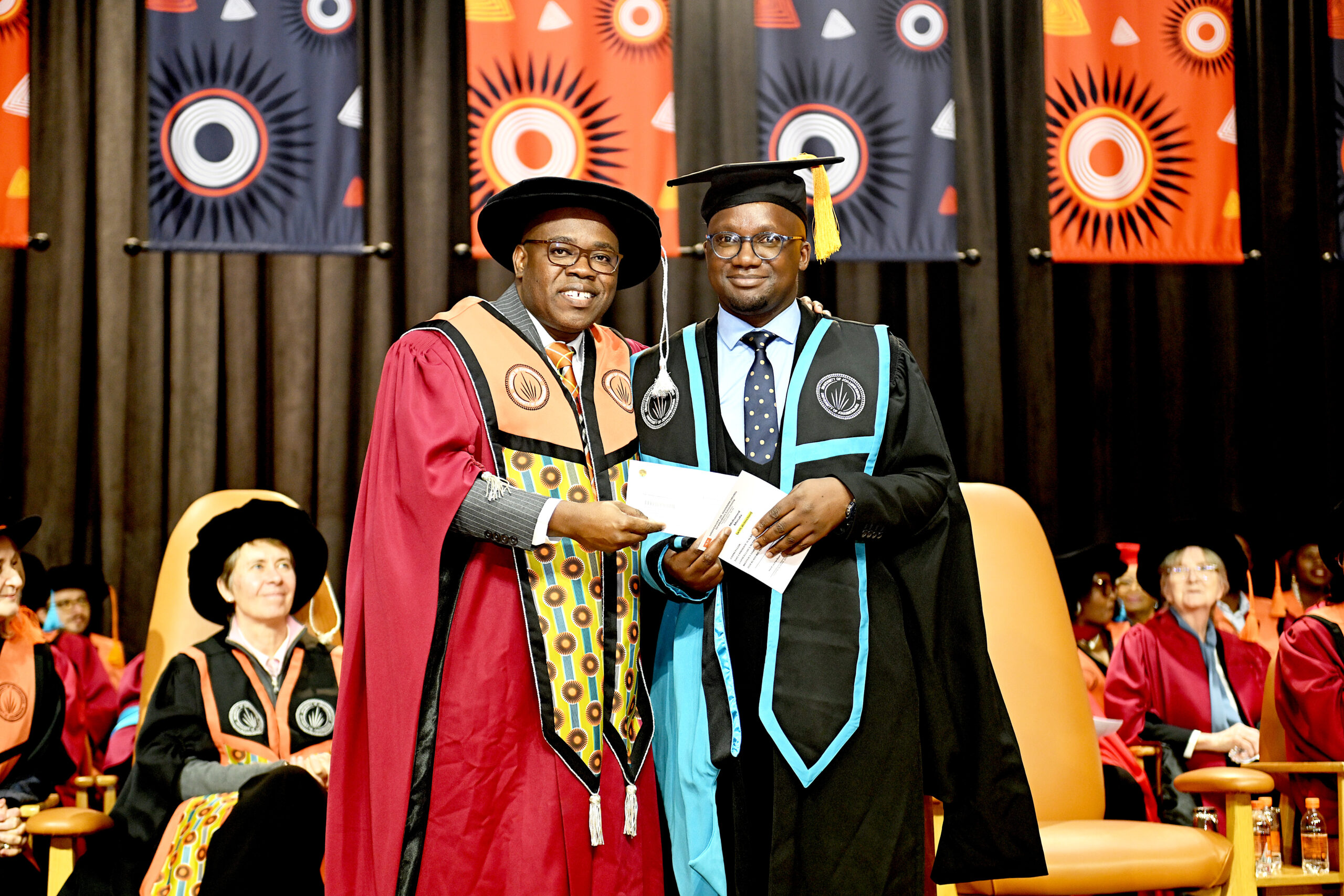
“This scholarship showed me that anything is possible if you put your mind to it,” said Mosala. “The constant support from my supervisor Prof Sefotho, the Vice-Chancellor, and the Centre for Neurodiversity really pushed me forward. I completed a two-year programme in just one year.”
His dissertation, “Strategies for the successful transition of learners with Down Syndrome from home to school,” is a timely contribution to the dialogue on inclusive education in South Africa.
“We’re looking for African solutions to address African problems. Relying on Western ideologies to solve South African challenges is not sustainable. We must articulate solutions in our own languages and through our own understanding. My study is meant to address urgent, real-world issues in schools.”
Mosala has already published a paper through UJ and contributed a book chapter on inclusive education with Columbia University—an impressive start to a promising academic career.
Fellow graduate Nthabiseng Molebatsi, who received her MEd in Inclusive Education with Distinction, said the scholarship significantly supported her research, including travel and data collection.
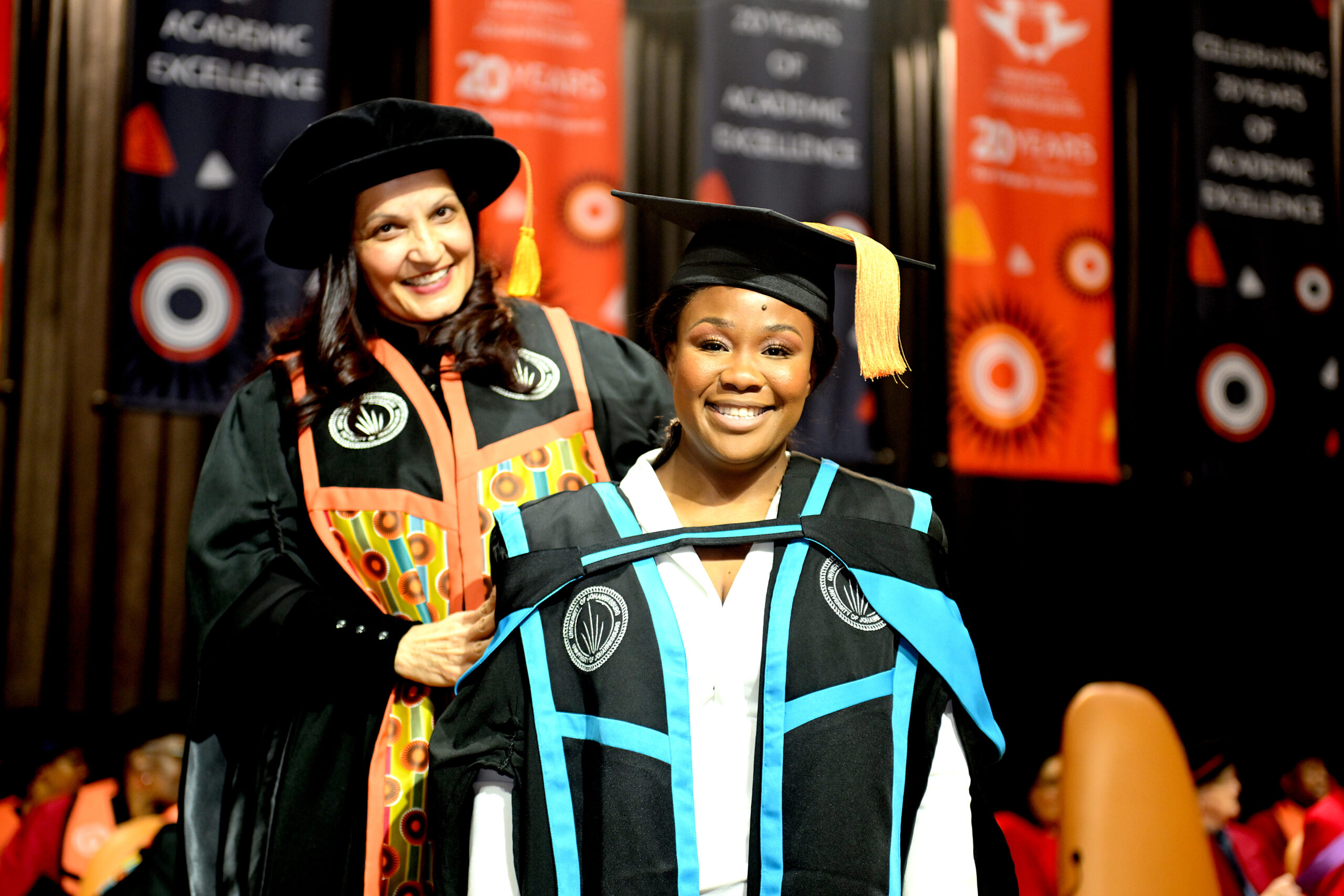
“Being able to present my study in rooms I never imagined has been such a personal and academic achievement. I hope to work in academia or help shape policy in government related to inclusive education. Under the incredible supervision of Prof Sefotho, a walking wealth of knowledge, Mohammed and I graduated with distinction.”
Her dissertation, “Parental experiences when enrolling children with Down Syndrome in mainstream mining schools,” offers insights that will inform policy reform, educational practice, and scholarly literature in the field.
“To students considering research in inclusive education—go for it. There’s a neurodiverse child today who will become an adult tomorrow. Your knowledge can help shape their future. Neurodiversity is not a deficit; our brains are wired differently, and recognising that can change the world.”
She echoed Mosala’s call for African scholars to produce contextually relevant research that reflects the lived realities of communities across the continent.
Third cohort member Ntokozo Zwane also completed her degree in record time, thanks to the scholarship and the dedicated mentorship of her supervisor, Dr Nancy Mabaso.
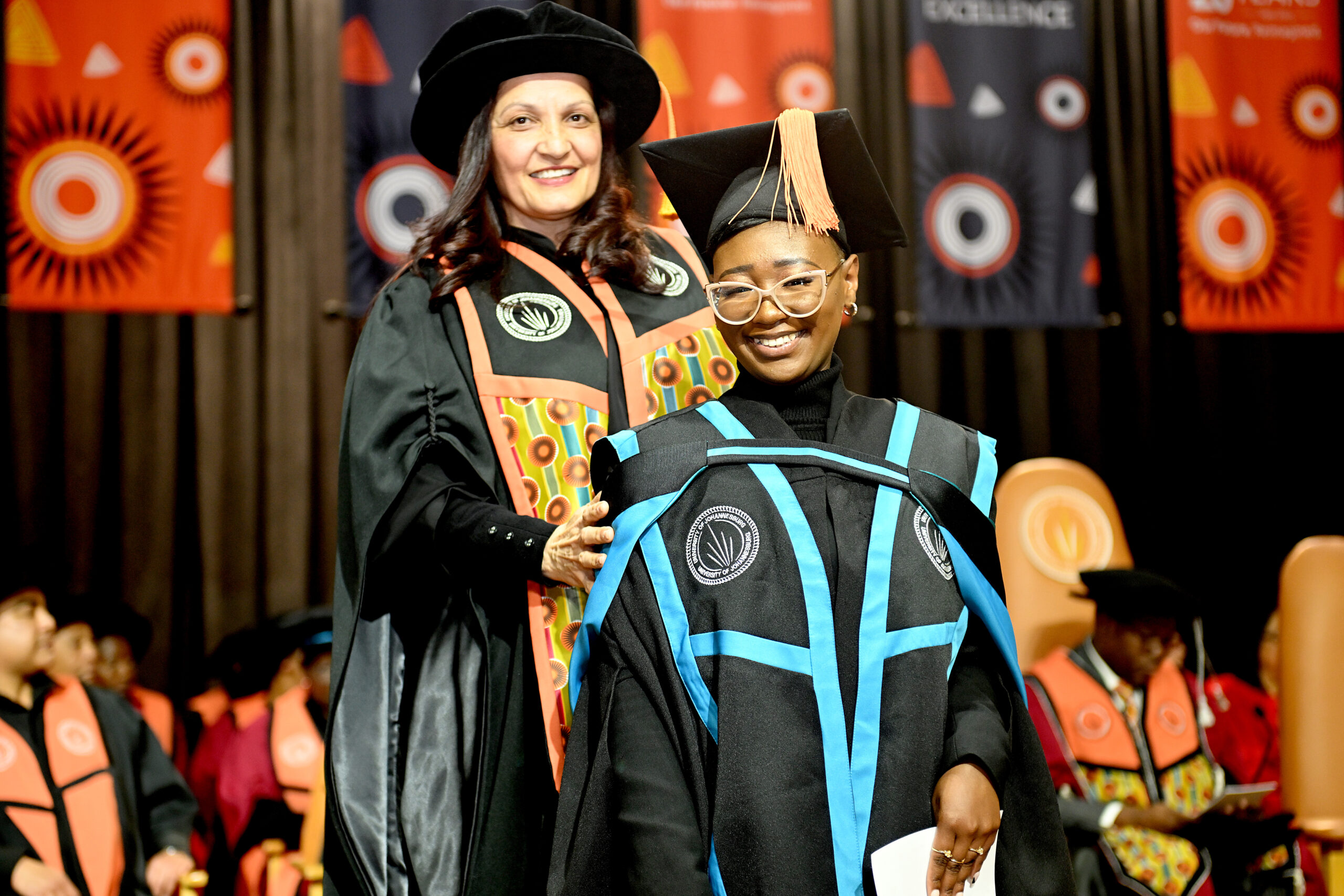
“My research is vital for raising awareness about the varied support needs of children with Down Syndrome. My dissertation, ‘Learning support provision for children with Down Syndrome in special schools: Soweto parents’ experiences’, contributes meaningfully to the broader conversation. I plan to pursue a PhD in inclusive education.”
Centre for Neurodiversity leading the way
Prof Maximus Sefotho, Director of the Centre for Neurodiversity, praised the graduates and reflected on the significance of their work.
“It’s a feeling that fills one’s heart and uplifts the soul. This journey began with many challenges, but we’ve arrived at this point having achieved something exceptional. These graduates are paving the way for others, and we hope future scholars will follow in their footsteps.
We want the Centre to make a lasting impact—one that, when we look back, we’ll know contributed to real change in society.”
This historic graduation is a testament to the transformative power of scholarships, intentional academic mentorship, and a vision for a more inclusive world—one where neurodiverse voices are not only heard but uplifted through research, policy, and practice.

